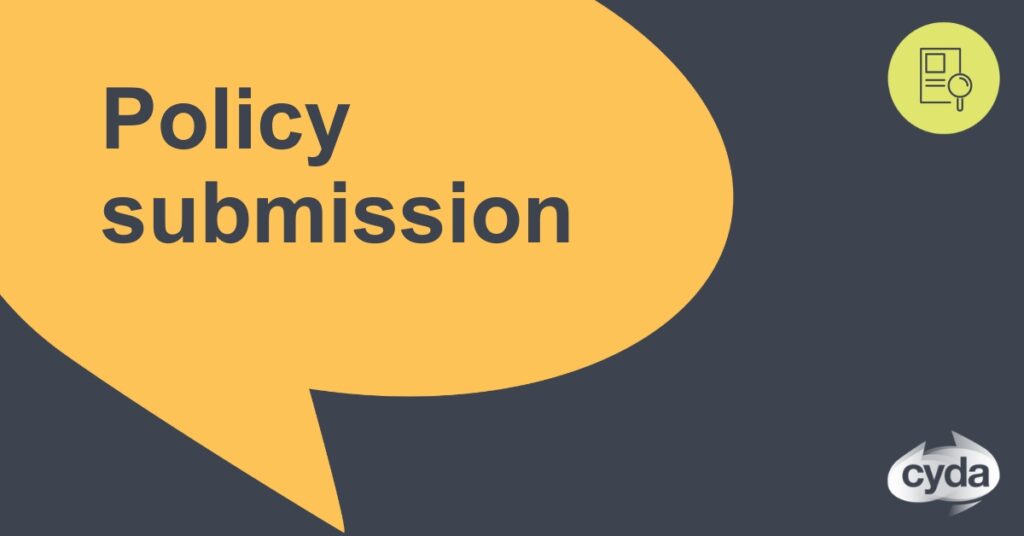The Restrictive Practices Authorisation in New South Wales (NSW) Consultation Discussion Paper poses a number of questions including the settings where restrictive practices need to be authorised before they can be used.
You can download our full submission using the buttons above.


